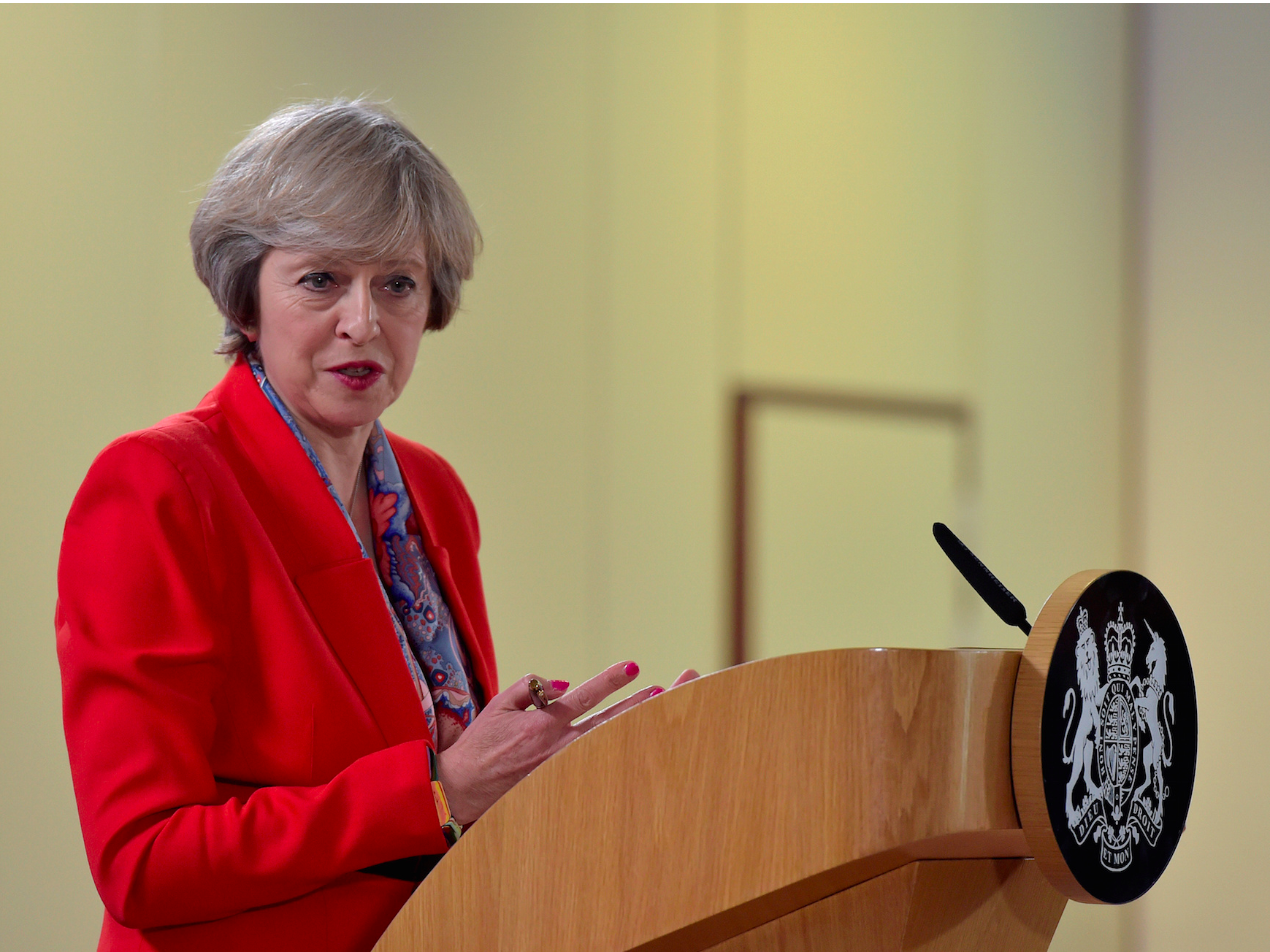Prime Minister Theresa May must break her promise not to give a “running commentary” on the progress of Brexit negotiations or “risk of doing some damage” to the UK, one of the country’s most influential politicians says.
Andrew Tyrie MP told the Financial Times that Britain needs “some clarity on the direction of travel,” because the government was “at risk of doing some damage – and that damage will increase as each month goes by.”
“We are leaving [the EU] and we need to begin a discussion about where we want to arrive. It is a good idea to have discussed it with the passengers and crew before you take off.”
“I think the uncertainty is carrying a price. You have only got to look at what the British Bankers’ Association … and a very large number of firms are saying, and I would be very surprised if they were all making it up.”
Tyrie is influential. In addition to being an MP for Chichester he is chairman of the House of Commons Treasury Select Committee, and former chairman of the Parliamentary Commission on Banking Standards.
Britain voted to leave the European Union on June 23. After May took over from her predecessor David Cameron, she has been under enormous pressure to trigger Article 50 from Brexiteers to get ahead of the political uncertainty looming over the nation.
May has signaled several times over the last three months that Article 50 will not be triggered until the first quarter of 2017.
I think the uncertainty is carrying a price
In September, May said at a G20 summit in China that "it would not be right for me or this government to give a running commentary on [Brexit] negotiations."
Since then, the pound has been trading wildly and surging and tumbling with any rumours or speculation on how talks are going.
Every time there is speculation over a "hard Brexit" - Britain leaving the EU without a trade deal - the pound has tanked. Meanwhile, the boss of the British Bankers' Association (BBA) claimed last month that banks are poised to move operations out of the UK as soon as Christmas, amid fears that Britain could lose its financial passporting rights in Brexit negotiations.
Also, Mark Garnier, Parliamentary Under Secretary of State at the Department for International Trade admitted Britain is likely to lose financial passporting rights that give banks access to the European Union - increasing the likelihood that banks will move jobs and operations overseas.

"At the moment I think the cabinet ministers, frankly, are adding to the uncertainty by revealing after every meeting what appear to be sizeable differences between themselves about what the outcome should be. That in itself will start to carry a price if it continues," said Tyrie.
"I think the arguments for secrecy are probably derived from the inability at the moment to get to an agreement more than from any deep belief that this will add to our negotiating strength."
The loss of passporting rights could devastate the City of London. JPMorgan and UBS have both publically warned they may have to move thousands of jobs out of Britain if passporting rights are lost and Goldman Sachs is reportedly considering moving up to 2,000 staff. 5,500 UK firms with a combined turnover of £9 billion rely on passporting rights, according to the Financial Conduct Authority.

